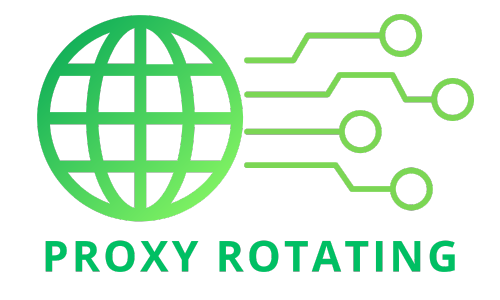Blockchain technology plays a crucial role in the digital age. With its superior advantages in security, transparency, efficiency, and vast application potential, Blockchain technology is always of great interest and attention. More specifically, Blockchain security skills play an essential role in protecting the Blockchain system from threats, helping to ensure the safety, security, and sustainability of Blockchain technology. So, what are the necessary Blockchain security skills? And how can one develop Blockchain security skills? Let’s find out right here.
Top blockchain security skills Professionals learning
Professionals must develop specialized skills to thrive in the rapidly evolving blockchain industry. Here are the top five blockchain security skills that are critical for professionals to learn, along with insights into why these skills are essential:
Blockchain security
- Importance: Understanding blockchain security is fundamental. This skill involves learning to secure blockchain networks against attacks, manage cryptographic practices, and ensure blockchain transactions’ integrity and confidentiality.
- Focus Areas: Key management, network security protocols, consensus algorithms, and the prevention of common vulnerabilities like double-spending 51% attacks or Sybil attacks.
Smart contract development
- Importance: Smart contracts are self-executing contracts with the terms of the agreement directly written into code. Since they automatically enforce and execute contractual terms, ensuring they are secure and free from vulnerabilities is crucial to preventing exploits and fraud.
- Focus Areas: Writing secure smart contract code, primarily in Solidity (for Ethereum), understanding common vulnerabilities, and utilizing tools for testing and auditing smart contracts.
Web3 development
- Importance: Web3 represents the next generation of internet applications and services powered by decentralized networks. Web3 development skills are necessary to create applications that interact securely and efficiently with blockchain technologies.
- Focus Areas: Building decentralized applications (DApps), interfacing with blockchains via APIs, and using frameworks like Ethereum’s Web3.js or Polkadot.js.
Decentralized finance (DeFi)
- Importance: DeFi is an emerging financial technology based on secure distributed ledgers similar to those used by cryptocurrencies. Understanding DeFi is crucial for professionals looking to innovate and secure financial services that are open, accessible, and resistant to censorship.
- Focus Areas: Designing secure DeFi protocols, understanding liquidity protocols, yield farming strategies, and managing the inherent risks such as smart contract vulnerabilities and unstable liquidity.
Cryptocurrency trading and analysis
- Importance: While slightly different from the core technical skills listed above, cryptocurrency trading and analysis are crucial for understanding market dynamics and risks associated with cryptocurrencies. This knowledge is vital for professionals involved in blockchain security to anticipate market-driven threats and vulnerabilities.
- Focus areas: Technical analysis, market trend analysis, risk management in trading, and understanding different trading platforms and tools.
Cybersecurity and Cryptography
- Cybersecurity involves understanding security protocols, potential attack vectors, and methods to protect data and networks. Blockchain professionals must be adept at implementing security measures to prevent unauthorized access and attacks.
- Cryptography: Fundamental to blockchain technology, cryptography ensures the confidentiality and integrity of data. To secure transactions and data on the blockchain, professionals must understand various cryptographic techniques, such as hash functions, public key cryptography, and digital signatures.
Computer programming
- Proficiency in programming languages such as Solidity (used for Ethereum), Java, Python, or Go is essential. Blockchain developers need to write secure smart contracts and develop applications that interact with the blockchain, requiring a solid foundation in coding and the ability to identify and fix security vulnerabilities.
Data structures
- Understanding data structures such as trees, hash maps, and linked lists is crucial. Blockchain relies heavily on data structures like Merkle trees and hash chains to organize data efficiently and ensure security through cryptographic hashes.
Blockchain architecture
- Knowledge of blockchain architecture is essential for understanding how different components of a blockchain system work together. This includes familiarity with concepts such as consensus mechanisms, blockchain layers, and node communication protocols, which are vital for designing and securing blockchain systems.
Professionals aiming to excel in blockchain security should focus on these areas to safeguard blockchain technologies and develop robust, secure applications.
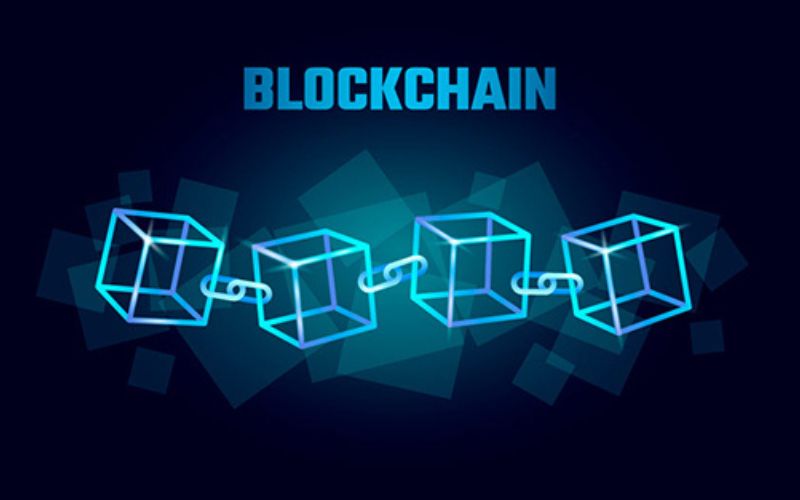
Ways to develop Blockchain Security skills
Developing Blockchain security skills requires a combination of theoretical learning, practical skill application, and continuous knowledge updates. Some ways to build Blockchain security skills include:
Learning through courses and certifications: Many online courses and specialized certifications on Blockchain security and cybersecurity are available. These courses provide fundamental and advanced knowledge about Blockchain, cryptography, testing, and security evaluation.
Self-study through resources and communities: Engage in Blockchain and cybersecurity communities and read books, blogs, research reports, and guides to gain a deeper understanding of security issues in Blockchain.
Practical exercises and real-world projects: Apply the knowledge you’ve learned by building and testing small Blockchain projects. This helps solidify security techniques by solving real-world problems.
Participating in Hackathon contests: Hackathons and security competitions offer excellent opportunities to test and develop skills in a competitive environment and learn from experts in the field.
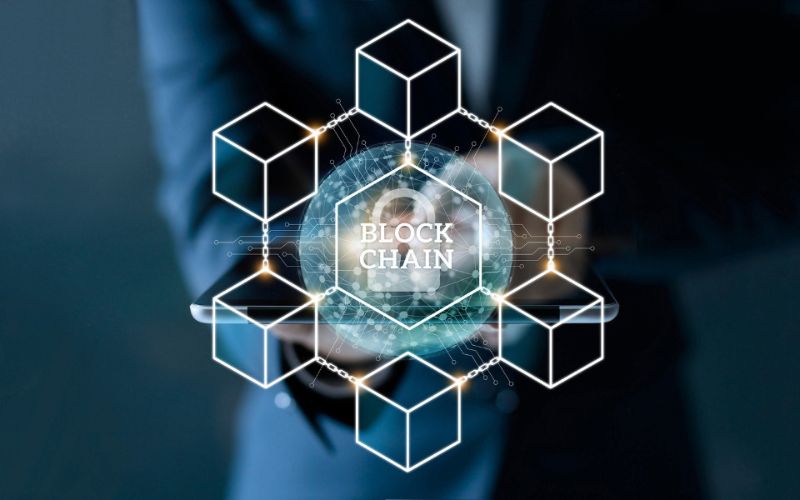
Penetration testing: Learn how to conduct penetration tests on Blockchain systems to identify vulnerabilities and weaknesses. This helps develop risk assessment skills and implement security measures.
Enrolling in innovative contract development and testing courses: These courses focus on building and testing smart contracts, an essential skill for ensuring the security of Blockchain-based applications.
Keeping up-to-date with security standards and regulations: Laws and security standards are constantly changing, so updating your knowledge on new rules and best security practices is essential.
Networking and mentorship: Connecting with experts in the field and seeking guidance from mentors helps them learn from their real-world experiences and receive professional advice.
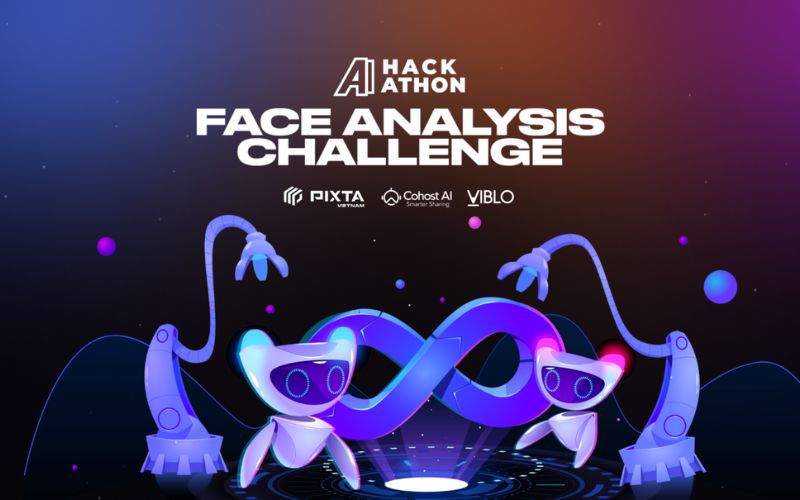
Developing Blockchain security skills is a continuous process that requires a commitment to learning and practice. Combining education with the application of practical knowledge will enhance the ability to protect Blockchain systems against cybersecurity threats.
Benefits of possessing Blockchain security skills
Having Blockchain security skills offers numerous essential benefits in today’s digital world, not only for individuals but also for organizations and society.
Enhanced employment prospects
The demand for Blockchain security experts is rising in a world increasingly reliant on technology. Posblockchain security skills can open up numerous new career opportunities and help you stand out as a candidate in the technology and cybersecurity fields.
Enhancing security for blockchain systems
Possessing Blockchain security skills ensures the safety and security of Blockchain systems, protecting them from attacks and misuse while keeping digital data and assets secure.
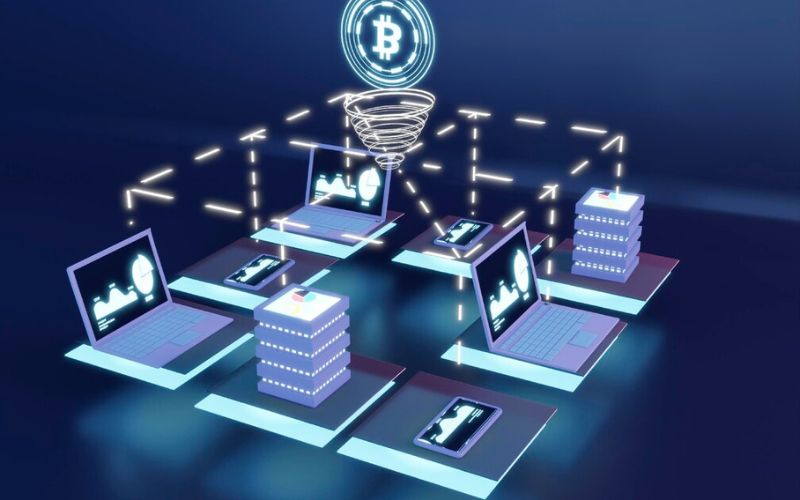
Protecting privacy and personal data
Blockchain security skills help protect privacy and personal data, an increasingly important issue in a digital society. This creates a trustworthy digital environment where individuals can feel secure conducting online transactions.
Contributing to the development of the blockchain ecosystem
In-depth security skills help develop, test, and deploy safe and efficient Blockchain solutions. This fosters innovation and allows Blockchain technology to achieve its vast potential across various industries.
Compliance with laws and regulations
Security skills ensure that Blockchain projects and applications comply with legal regulations and data security. This helps avoid legal and financial risks while building trust with users and stakeholders.
Enhancing community trust and acceptance
Improving the security and safety of Blockchain applications and services enhances the trust and acceptance of Blockchain technology within the community and broader society.
Mitigating risks and asset loss
Strong security skills help prevent risks of asset loss due to hacking or exploitation of security vulnerabilities, ensuring the safety of digital assets and personal information.
Encouraging creativity and innovation in digital technology
A thorough understanding of Blockchain security addresses current security issues and opens up opportunities for innovative solutions in managing data and conducting transactions.
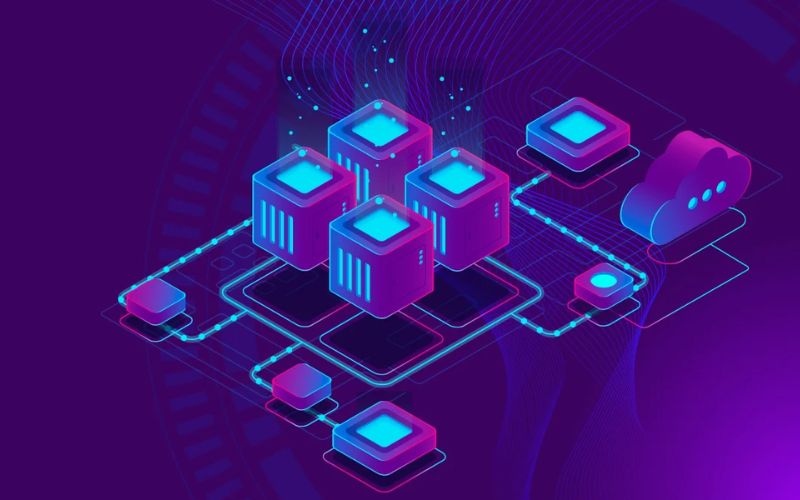
Job positions related to Blockchain security
In Blockchain security, there are a variety of job positions ranging from technical to consultancy roles suitable for different skills and interests. Some essential job positions related to Blockchain security include:
Blockchain Security Specialist: This expert focuses on detecting and preventing security threats within the Blockchain system, including testing and evaluating the security of Blockchain-based applications.
Competent Contract Auditor: A professional who audits intelligent contracts to find security vulnerabilities and coding errors, helping to prevent fraud and ensuring the transparency and safety of transactions.
Blockchain Risk Analyst: This individual assesses risks associated with deploying Blockchain solutions, including legal, technical, and market risks, aiding organizations in making informed decisions and minimizing risks.
Blockchain Cybersecurity Engineer: This position is responsible for developing and maintaining security systems for Blockchain applications and infrastructure, including setting up security measures such as firewalls and intrusion detection systems.
Blockchain Security Consultant: Provides professional advice to organizations on protecting Blockchain solutions from threats and ensuring compliance with security regulations.
Blockchain Developer: While only partially focused on security, Blockchain developers need a solid understanding of security to build safe and secure applications.
Blockchain Security Project Manager: Coordinates and manages projects related to Blockchain security, ensuring that solutions are deployed safely and effectively, adhering to timelines and budgets.
Blockchain Compliance/Legal Specialist: This position ensures that Blockchain solutions and projects comply with legal regulations and security standards, including GDPR, KYC, and AML.
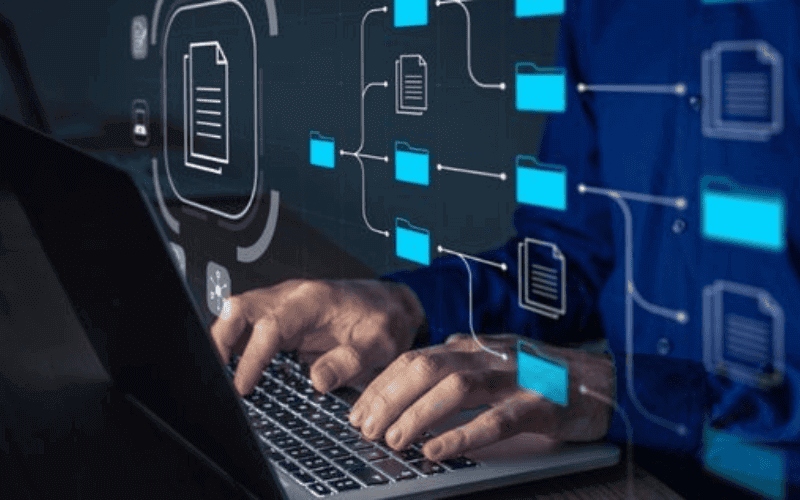
Option to learn Blockchain skills
After identifying the essential skills needed for blockchain development, the next step is to pursue an educational pathway in the field. There are three primary avenues for learning blockchain: Boot camps, traditional degrees, and independent learning.
Bootcamps
Bootcamp programs are an excellent choice for aspiring blockchain developers. They offer an immersive experience that mirrors real-world industry projects and challenges. These programs provide a flexible yet comprehensive curriculum emphasizing practical instruction and hands-on experience, preparing participants for a smooth transition into a career in blockchain development. Graduates from Bootcamps are increasingly valued within the broader web development community due to their practical skills and training.
Traditional Degrees
Another popular option is to pursue a college degree in blockchain, fintech, or a related field. These degree programs typically have a longer duration and provide a more gradual learning curve in a collaborative educational environment. Students learn about blockchain and gain insights into related areas, enriching their knowledge and expertise.
Independent Learning Options
For those who prefer a less formal educational structure, independent learning offers the flexibility to explore blockchain fundamentals at their own pace. This route can include online courses, instructional videos, and educational apps. Independent learners need to maintain a strong sense of self-discipline, commitment, and organized planning to maximize the benefits of their educational experience.
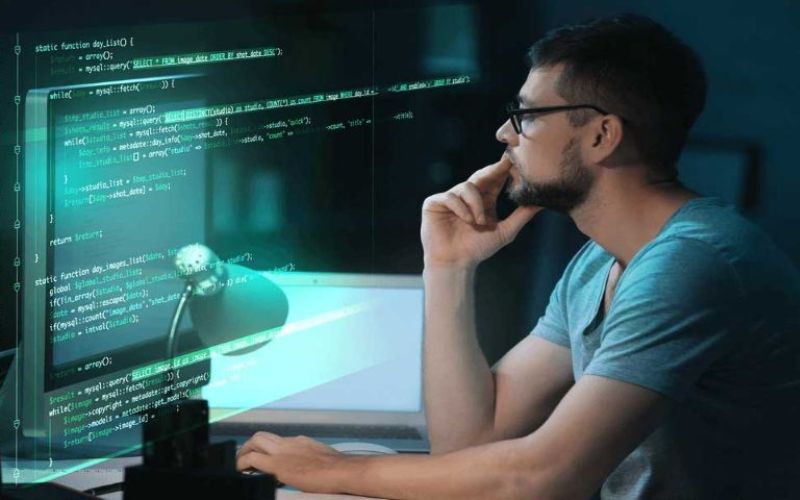
FAQs about blockchain security skills
1. What prior skills should aspiring blockchain professionals have?
Aspiring blockchain professionals should have skills in programming (such as Solidity and JavaScript), computer science fundamentals, networking, cybersecurity, and cryptography.
2. Is Blockchain a promising career?
Yes, blockchain is a promising career choice due to its growing demand across various industries, high salary potential, diverse job opportunities, and innovative impact on global business practices.
3. How can one start learning blockchain security?
Begin with foundational courses in cybersecurity and computer science basics. Progress to specialized blockchain courses offered through online platforms, Bootcamps, or university programs. Participating in blockchain projects and hackathons can also provide practical experience.
4. Why is cryptography essential in blockchain?
Cryptography ensures the integrity and security of data transactions on the blockchain by making it nearly impossible to alter recorded data without detection. It also provides the foundation for trustless interactions within the blockchain network.
Thus, the article by Proxy Rotating provides a comprehensive overview of Blockchain security skills. This shows that Blockchain security skills are a critical set of abilities in the digital age. Possessing Blockchain security skills will offer you numerous development opportunities in the Blockchain field and contribute to protecting the Blockchain ecosystem.
>>> See more:
A blockchain ledger is more secure because
